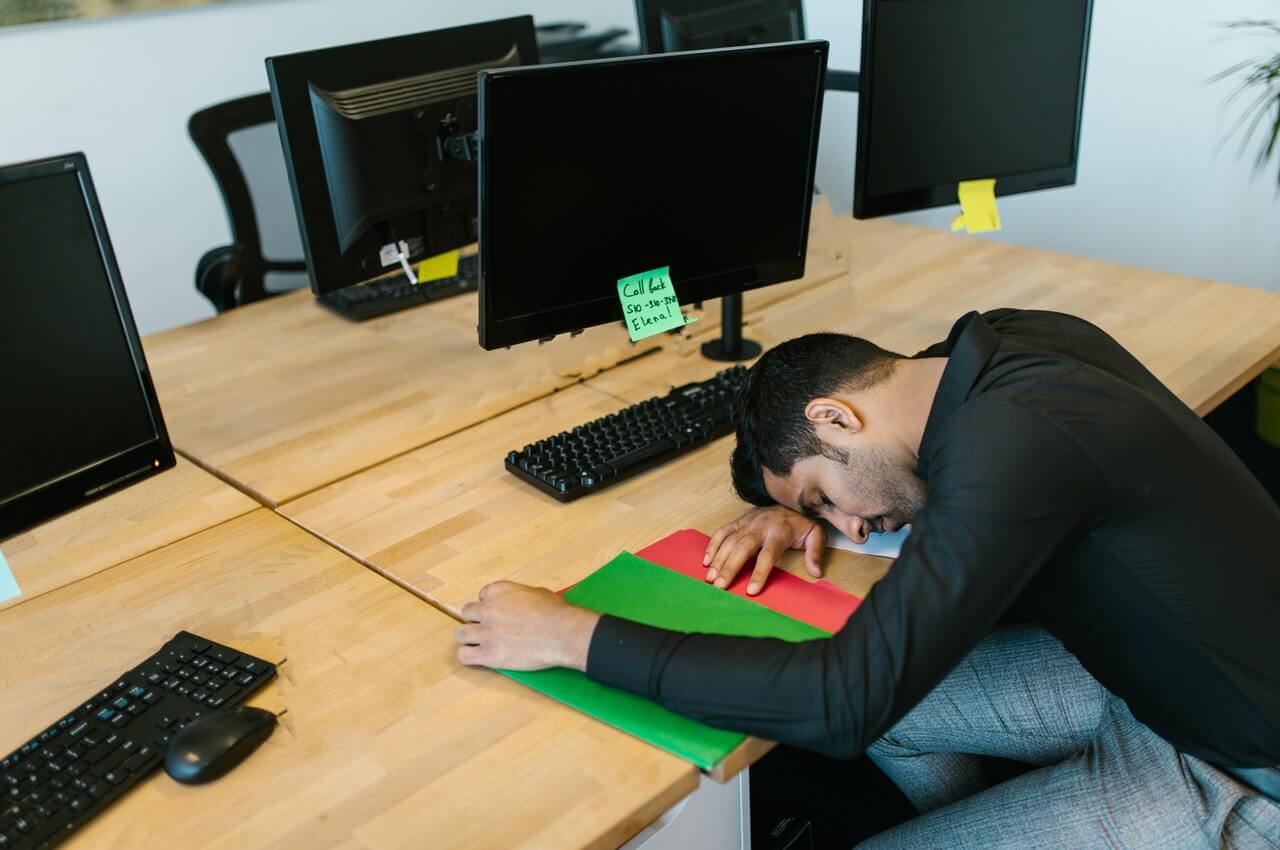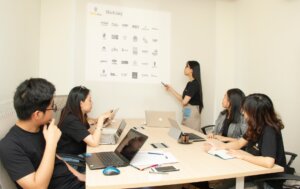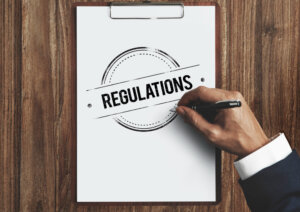In our 24/7 world, time spent sleeping is in decline so it’s little wonder that some of us find it hard to wake up in the morning. It’s reported that we sleep at least one hour less each night than we did a half century ago.

A recent American study found that during a two-week period, 40% of workers reported fatigue. Of those, 65% reported health-related lost productive time. According to the researchers, workers with fatigue cost US employers $136.4 billion annually in health-related lost productive time.
Two-thirds of adults report frequent sleep problems, however only one in eight says those problems have been diagnosed. The ‘sleep deprived’ are also more likely to suffer from obesity, diabetes, cardiovascular, psychiatric and gastrointestinal disease, and impaired immunity. So it’s not just the quantity of our sleep that matters but also the quality; snoring loudly, daytime dozing, trouble falling asleep or waking unrefreshed are just a few of the signs that a person could be ‘sleep deprived.’
“Sleep is sort of like food,” says Robert Stickgold, a cognitive neuroscientist at Harvard Medical School. He adds, there’s one important difference: “You can be quite starved and still alive. But many of us live on the edge of sleep starvation and just accept it.”
In Taiwan it’s quite normal to see workers napping at their desks after lunch; advertising agency Leo Burnett have sleep pods designed to aid creativity because the body’s rhythms start going haywire between midday and 3pm and a short sleep is said to improve staff performance. For two years civil servants in Vechta, near Hamburg, have been allowed 20 minutes after lunch to nap or otherwise relax. Since the initiative began productivity has improved. A Harvard study in July 2003 suggests that a long nap can sharpen the mind for learning as much as a good night’s sleep. “Even a nap as short as five minutes can increase alertness and memory skills” says Sara Mednick, a sleep expert at the University of California-San Diego’s Laboratory of Sleep and Behavioural Neuroscience.
If an afternoon nap isn’t an option then:
• Avoid heavy, carbohydrate-rich lunches—they increase the level of serotonin in the brain. Serotonin acts as a natural sedative, making you feel sleepy.
• Drink a large glass of water before you start eating. It will help fill your stomach and reduce the risk of dehydrating. It will also prevent you from becoming dehydrated in the afternoon. Even mild dehydration is enough to make you feel tired and lethargic.
• Make time to get up from your desk and, if possible, get a breath of fresh air. This will help to speed up your metabolic rate, making you feel more awake.
• A cup of coffee after lunch can help keep you alert, particularly after a heavy lunch, but remember that you should not be drinking more than three or four cups of coffee a day.
When it is time for bed – Here are 13 tips to help you sleep more:
• Keep bedroom (and bathroom for night visits) as dark as possible
• Avoid caffeine and nicotine close to bedtime
• Avoid alcohol as it can lead to disrupted sleep
• Exercise regularly, but complete your workout at least 3 hours before bedtime
• Create a sleep-conducive environment that is dark, quiet and preferably cool and comfortable
• Use the bed only for sleep and intimacy
• Establish a regular relaxing, not alerting, bedtime routine (e.g. taking a bath or relaxing in a hot tub)
• Take at least 12 hours off between working
• Avoid early starts (before 7 a.m.)
• Keep schedules simple and predictable
• Limit long days
• Have some non-working weekends
• Allow enough time to wake naturally – without an alarm clock – so you get as much sleep as you need!
——————
For more resources, see our Library topic Team Building.
——————
This blog is by Fresh Tracks: Experts in Team Building, Team Development and Staff Conferences
Website: www.freshtracks.co.uk
 Sections of this topic
Sections of this topic
















